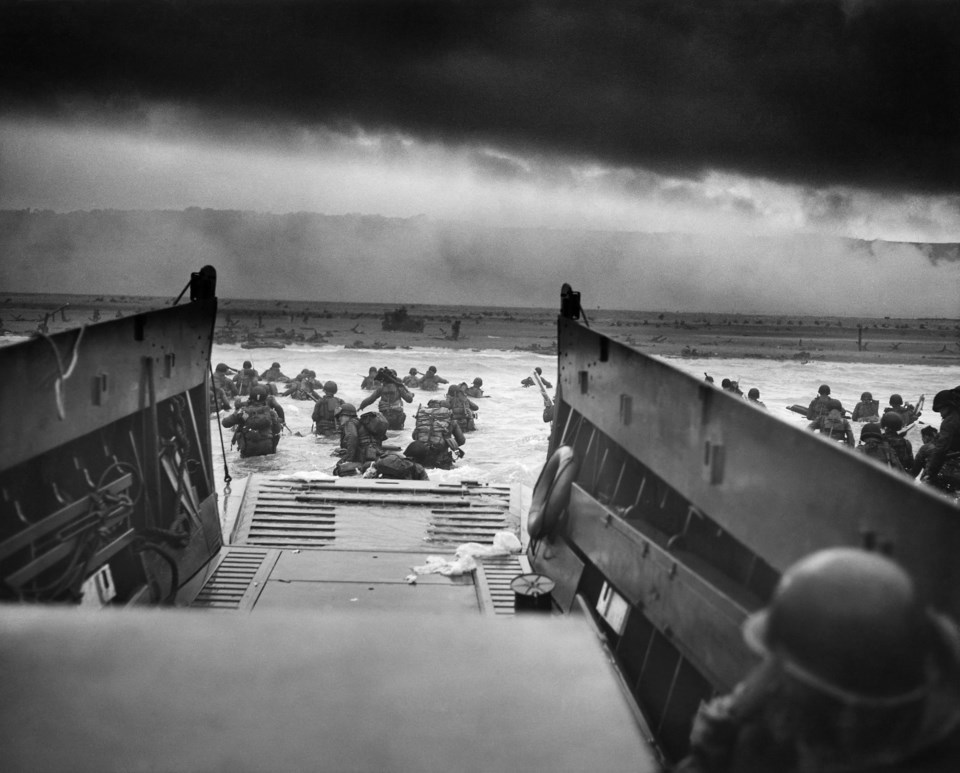“Age shall not weary them, nor the years condemn. At the going down of the sun and in the morning. We will remember them.”
-Laurence Binyon, For the Fallen
June 6, 1944– one of the most important days in history as the Allies, after years of planning, finally begin their push to free Europe from Nazi tyranny and fascism.
Dubbed at the time “Operation Overlord,” and now known years later as the D-Day invasion or the Normandy landing, a 1,200-plane airborne assault preceded an amphibious assault involving more than 5,000 vessels. Nearly 160,000 troops crossed the English Channel on June 6.
Casualties on those first few days were horrific as Allied soldiers came up against German machine guns, pillboxes and a fortified line of resistance. On just the first day, Canadian forces at Juno Beach suffered 1,091 total casualties with 381 men killed.
The subsequent days would see 18,700 Canadian casualties with 5,000 men killed in Normandy.
As gruesome as the butcher’s bill was, the D-Day invasion was also the beginning of the end of the Second World War.
It has been 80 years since that fateful day, and there are very few Canadian veterans still alive who fought there. As those lights continue to be extinguished through the inexorable march of time, it falls on us alive today, and in the future, to remember.
Those men fought and died for freedom, for the destruction of tyranny, and for a better world where wars on a global scale would no longer be fought.
And yet with the headlong rush toward just such a global conflict in the world today, it seems some lessons are never learnt. And no amount of blood spilled is enough to sate our human desire for conflict.
Why can’t we learn?


